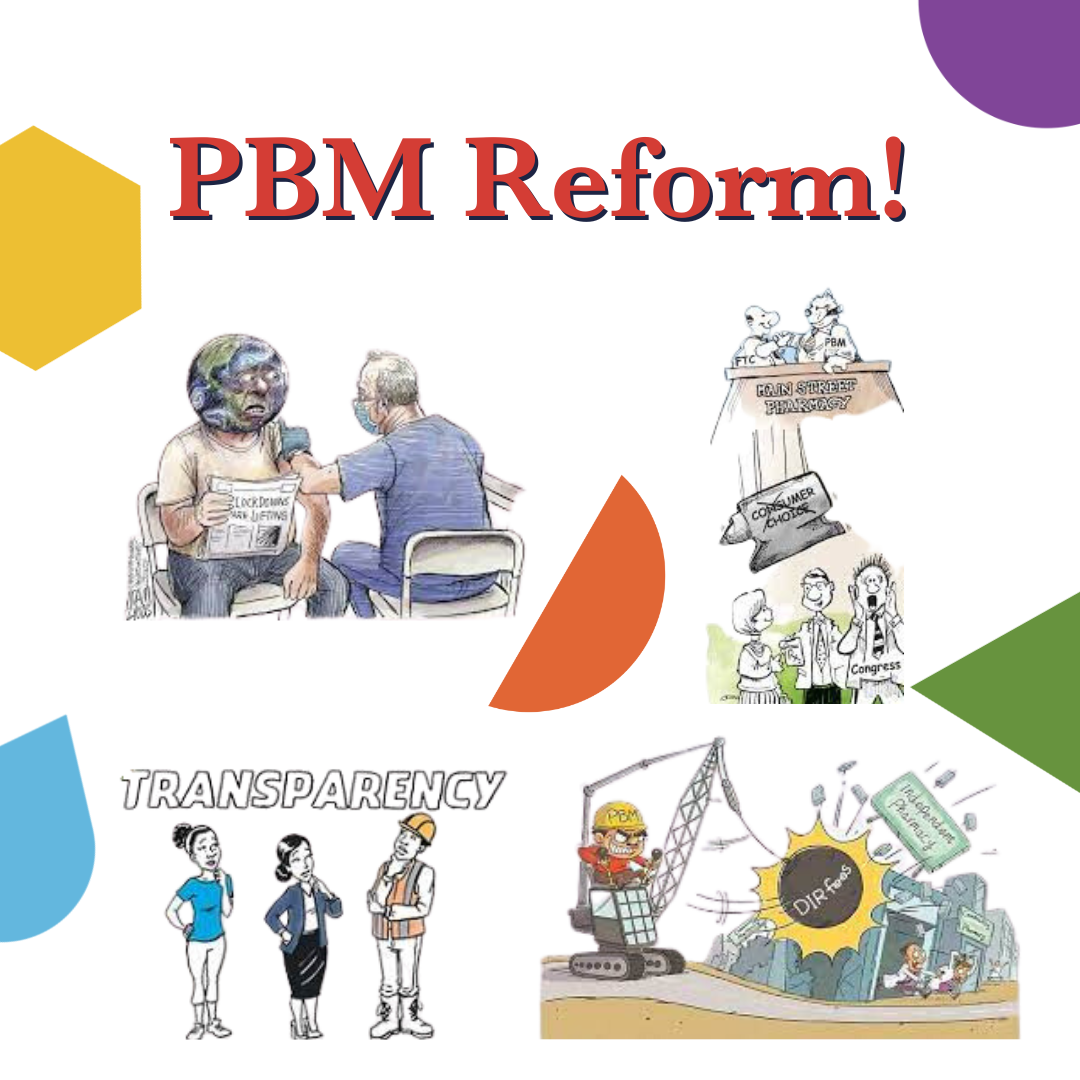Recent news regarding significant funding cuts to the National Institutes of Health (NIH) is deeply concerning, as it could have far-reaching implications for medical research and, ultimately, patient care. Here’s everything you need to know.

What is the NIH?
The National Institutes of Health (NIH), a part of the U.S. Department of Health and Human Services (HHS), is the leading federal agency dedicated to medical research. It’s the nation’s foremost supporter of such research and the most significant public funder of biomedical research globally.

What’s Happening?
The NIH faces substantial cuts to “indirect costs” within its research grants. These indirect costs cover essential facilities and administrative expenses, such as maintaining research equipment, powering labs, staffing critical scientific equipment, and ensuring regulatory compliance. The Trump administration has moved to cap these costs at 15%, a significant reduction from the current rates of 30% to 70% at some institutions.
The decision has triggered a wave of opposition, with 22 states filing lawsuits against the NIH and HHS and a temporary restraining order to halt the cuts from the Massachusetts Attorney General. Republican senators have also voiced their concerns, emphasizing the devastating impact these cuts could have on medical centers and vital research.

Why it Matters
The NIH is crucial in funding the basic science research that underpins major health advancements. Dr. Otis Brawley, a professor of oncology and epidemiology at the Johns Hopkins School of Medicine and the Bloomberg School of Public Health, put it simply, “…the NIH does a lot of basic science research, asking questions that people can’t make money from.” The NIH has provided substantial funding for scientists to study disease pathways and potential therapeutic targets, which lays the foundation for developing new infusion or injection therapies. NIH research findings often catalyze pharmaceutical companies to develop and commercialize new infusion drugs based on promising discoveries. Funding cuts could lead to slower development of new therapies, disruption of clinical trials, a discouragement of young scientists from entering the medical research field, and reduced access to care due to a stalling of medical progress.

What Can We Do?
It is crucial that patient voices are heard and that decision-makers understand the importance of NIH funding for advancing medical research and improving patient outcomes. We encourage infusion patients and their families to contact their elected officials and express their concerns about the NIH funding cuts. You can do so by calling your federal lawmakers here. By working together, we can ensure that patients continue to have access to the innovative infusion and injection therapies they need to live healthy and fulfilling lives.








